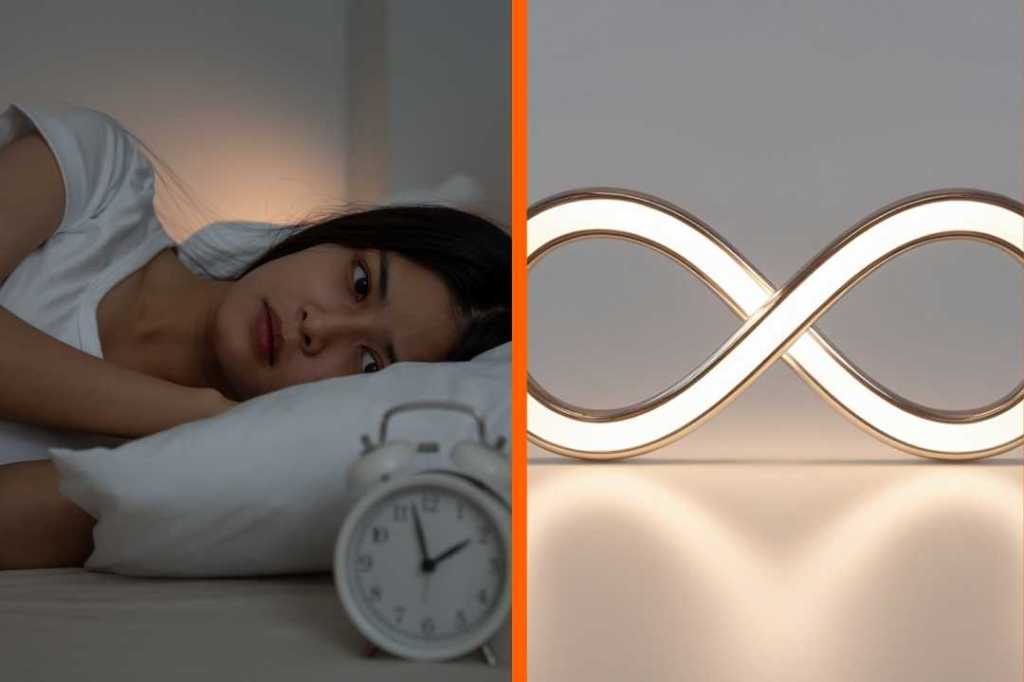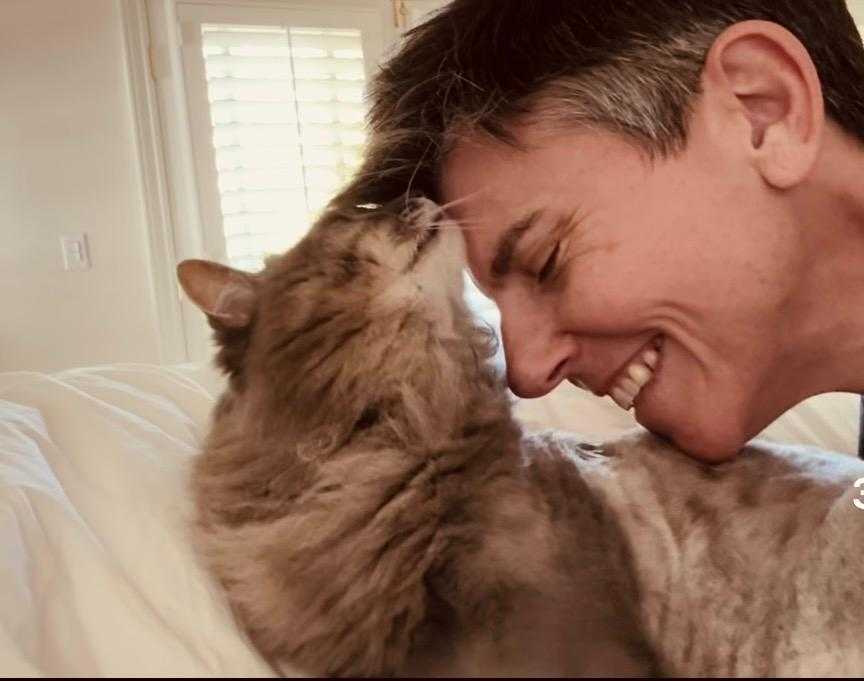Like many of us, Jess Mell, 34, an insurance adjuster in England, had a hard time during the pandemic. During the first two years of lockdowns, she suffered from anxiety and depression, so on December 27, 2021, she decided to fight back by getting out of her comfort zone.
To overcome her mental health problems, she challenged herself to try something new, every day, for 100 days. The challenge was so effective at improving her mental health that she extended the challenge to a whole year.
“The first 100 I did one new thing every day—for the rest of the year I decided I’d do 365 new things in 365 days,” she said, according to The Metro. “I could do ten things in one day if I was free.”
One of the most interesting things about the challenge was the wide variety of new things that Mell attempted. She tried new artistic endeavors such as taking a life drawing class, origami and attempting to play the ukulele.
She gave up on the ukulele, but at least she tried.
She also expanded her life skills by learning to pick a lock, using chopsticks and changing a car wheel. Mell also took a walk on the wild side by drinking moonshine, taking a shot out of a belly button and dying her hair pink.
According to the New York Post, by the end of 2022, she had only accomplished 364 new tasks. She found the perfect number 365 by turning her year of new experiences into her first Instagram reel.
Mell has gotten tremendous benefits from expanding her horizons and she looks to continue the challenge in 2023 as well. “I’m going to keep [trying new things] in that it’s now just part of what I do,” Mell said according to the New York Post. “I’ve always tried to find new things to do, so that will go on. Whether I track it the same way I’m not sure.”
Anxiety and depression are serious health conditions that require professional help, so Mell’s experiences shouldn’t be seen as a cure-all for complex conditions. However, there is some scientific backing to her turnaround.
In Psychology Today, Dr. Jutta Joormann explains that “experiential diversity” (having new experiences) “can improve overall well-being” and leads to an increase in “positive affect.” Dr. Joorman adds that when we experience new things it can lead to a positive “upward cycle” that can “promote subsequent development of more positive emotions.”
That’s probably why once Mell started her challenge, she couldn’t stop.
Mell’s story is a wonderful reminder to all of us of the benefits of getting out there and trying something new. Hopefully, her story encourages people to break free from their routines and have some new experiences. As science shows, it’s bound to improve your outlook on life.
“What has been so nice about the whole experience has been that whenever I’ve thought ‘I could try that,’ rather than putting it off, I just ask myself ‘why don’t I?’ I really hope I keep that up,” she said, according to The Metro.
Here’s s partial list of some of the new things that Mell tried. Any sound interesting to you?
Tried origami
Went to hot yoga
Dyed my hair pink
Learned how to do various types of knots
Went to a life drawing class
Completed a paint by numbers
Learned to pick a lock
Ate using chopsticks
Attended a first aid course
Changed a car wheel (or helped to!)
Drank a shot out of a belly button
Made fudge
Played golf
Made a pizza from scratch
Went to Belfast/Northern Ireland for the first time
Attempted to learn to play the ukulele (gave up!)
Visited Krakow/Poland
Tried moonshine – 72% strength
Had a beekeeping experience afternoon
Tried breast milk



























